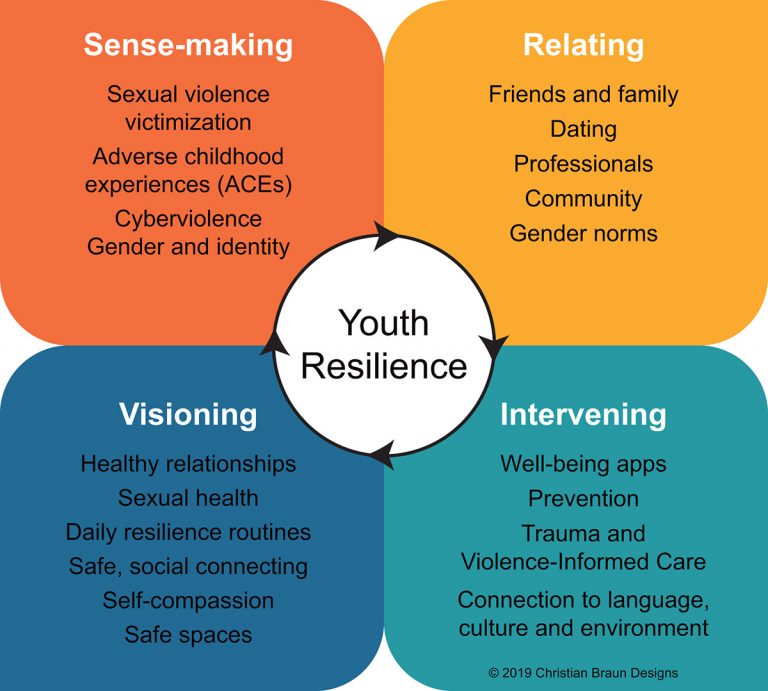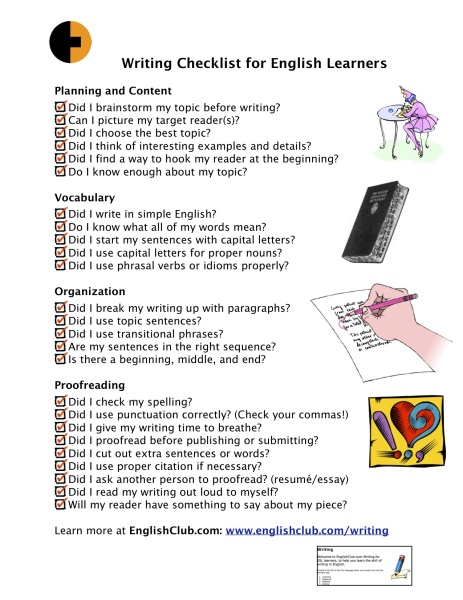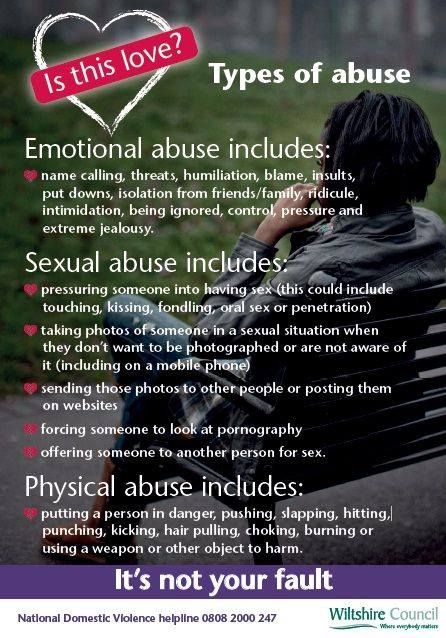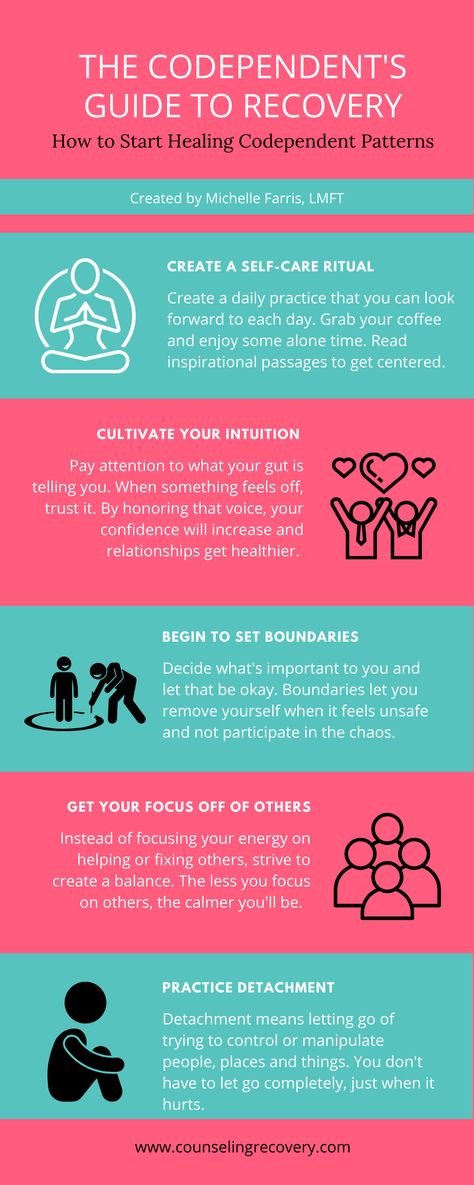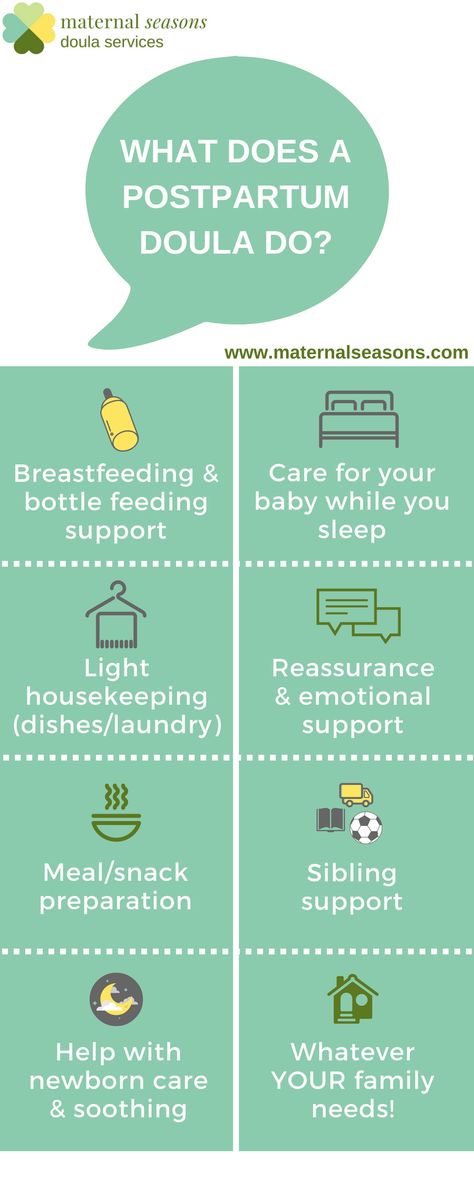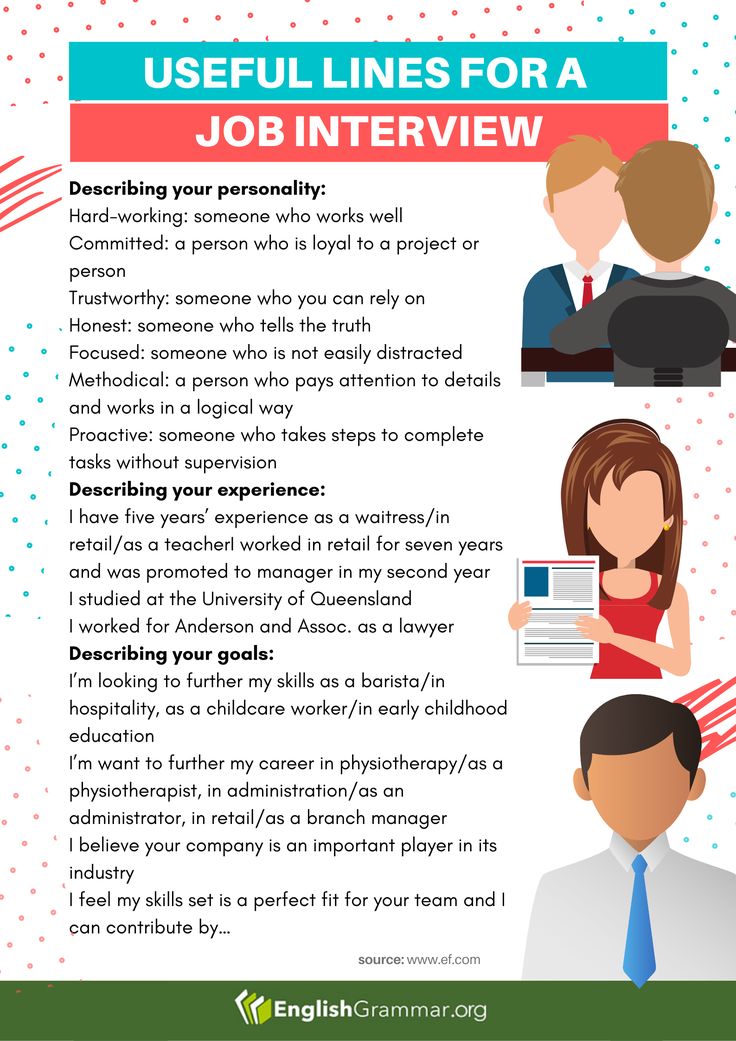Resilient to stress
7 Steps to Manage Stress and Build Resilience
As recent months have demonstrated, stress is unavoidable. Now more than ever, it’s important to understand stress and how we can manage it. While stress can be beneficial, too much of it can be harmful.
When the body senses a threat (or stressor), it goes on high alert, and once the threat passes, the body quickly recovers. At least that’s the way it’s supposed to work. Stressors can include health matters, work, money, family issues, racism or gender inequality, and regular daily hassles. With unrelenting or too many stressors, your body might be on a constant state of high alert, leading to poor concentration, bad moods, professional burnout, and mental and physical health problems. When stress becomes chronic, the body cannot return to normal functioning. Chronic stress can be linked with health conditions such as heart disease, high blood pressure, diabetes, depression and anxiety.
Stress affects women and men differently. Many conditions associated with stress — such as post-traumatic stress disorder, depression and anxiety — are more common in women than men.
Beyond sex and gender differences, there are individual differences, too. Some people are more resilient than others. Stress affects them less or more temporarily, and they might even perform better under stress. “There’s a saying, ‘It’s not how far you fall; it’s how high you bounce.’ For those of us who don’t bounce back so easily, there’s good news. Resilience, to some extent, can be learned and there are some simple, practical things that people can do that may make a noticeable difference,” says Dr. Janine Austin Clayton, Director of the NIH Office of Research on Women’s Health. Clayton explains that some resilient people might also develop a greater appreciation for their lives, family, friends or other matters after stress.
Stress management and resilience building are particularly important to the health of women. Here are several tips to help women as well as men:
- Recognize and counter signs of stress.
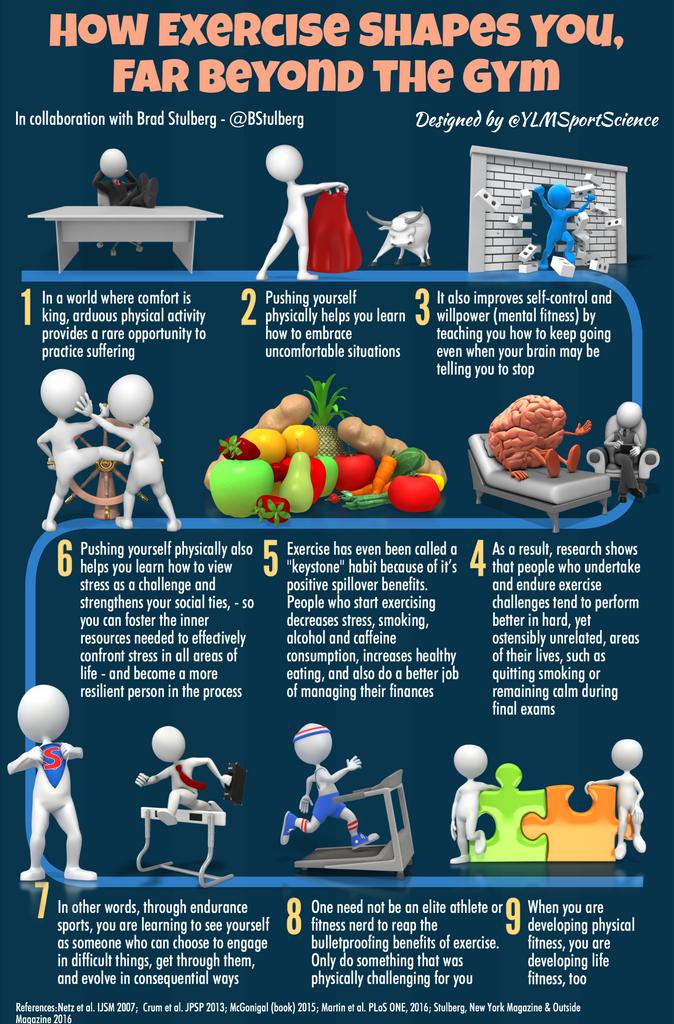 Your body sends signals that it’s stressed, including difficulty concentrating, headaches, cold hands, tight muscles, a nervous stomach, clenched teeth, feeling on edge, fidgety, irritable or withdrawn. Knowing how your body communicates can help you deal with stressful moments. Learn to not only recognize but also to name these feelings, either to oneself or to a friend. Then, take action to counter their effects. For example, deep breathing, stretching, going for a walk, writing down your thoughts and taking quiet time to focus can help induce relaxation and reduce tension.
Your body sends signals that it’s stressed, including difficulty concentrating, headaches, cold hands, tight muscles, a nervous stomach, clenched teeth, feeling on edge, fidgety, irritable or withdrawn. Knowing how your body communicates can help you deal with stressful moments. Learn to not only recognize but also to name these feelings, either to oneself or to a friend. Then, take action to counter their effects. For example, deep breathing, stretching, going for a walk, writing down your thoughts and taking quiet time to focus can help induce relaxation and reduce tension. - Take time for yourself. Make taking care of yourself a daily routine. It’s not selfish or self-indulgent — and it might require saying “no” to requests or prioritizing yourself along with your responsibilities. Start with small changes in your routine to help build resilience to stressful circumstances. Work in time to exercise, eat healthy foods, participate in relaxing activities and sleep.
 In fact, including a regimen of exercise, which for some may include yoga or meditation, can be very important when feeling stressed. Also, take time to notice the “good minutes” in each day or to do something that you enjoy, such as reading a book or listening to music, which can be a way to shift your attention and focus on the positive rather than the negative.
In fact, including a regimen of exercise, which for some may include yoga or meditation, can be very important when feeling stressed. Also, take time to notice the “good minutes” in each day or to do something that you enjoy, such as reading a book or listening to music, which can be a way to shift your attention and focus on the positive rather than the negative. - Try new routines. From scheduling bath and bedtimes to blocking off time to plan and prioritize tasks, additional structure can provide a daily framework that allows you to attune to your body’s signals. Then, you can take steps to potentially manage stress earlier than you once did.
- Stay connected and make new friends. Stay in touch with family, friends and groups in your life — technology makes this easier than ever. Having or being a person to talk with can be reassuring and calming. Using video features can enhance the connection in telecommunication or online communications for some people.

- See problems through a different lens. Experts call changing the way we think about and respond to stress “reframing.” View sitting in traffic or around the house as an opportunity to enjoy music, podcasts or pleasant views. Reduce anger in response to rude or aggressive behavior by imagining what might be happening in that person’s life. Keeping situations in perspective is an important way to boost stress resilience. Other steps include positive thinking and creating plans before you begin to resolve problems. You can practice reframing and get better at it over time.
- Seek help with problems. Many people experience the same day-to-day strains related to caregiving, relationships, health, work and money. Look to friends and family, as appropriate, or other trusted individuals or resources for tips and information.
- Talk to a health professional if stress is affecting your well-being, you feel you cannot manage the stress you’re experiencing, or stress has caused you to engage in or increase substance use.
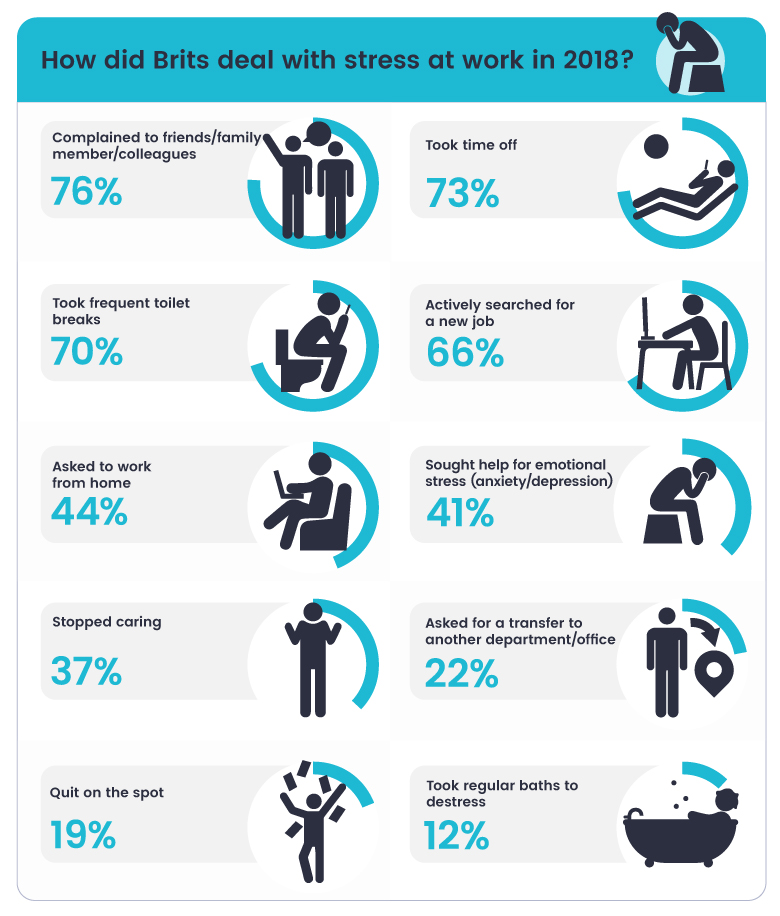 Seek appropriate care if stress is harming your relationships or ability to work. If you have suicidal thoughts, call the National Suicide Prevention Lifeline at 1-800-273-TALK (8255). Lifeline chat is a service available to everyone 24 hours a day, 7 days a week. In addition, if you need help locating a mental health provider, the Substance Abuse and Mental Health Services Administration (SAMHSA) offers a site that can assist you at https://findtreatment.samhsa.gov. People who have experienced traumatic stress (directly or indirectly experiencing life-threatening and dangerous events) should find a treatment provider who practices trauma informed care — see https://go.usa.gov/xvydm for details. Additionally, in times of disasters and other sorts of emergencies, the National Disaster Distress Helpline (Call 1-800-985-5990 or text “TALKWITHUS” to 66746) can provide crisis counseling, emotional support and referrals to care related to disasters and public health emergencies.
Seek appropriate care if stress is harming your relationships or ability to work. If you have suicidal thoughts, call the National Suicide Prevention Lifeline at 1-800-273-TALK (8255). Lifeline chat is a service available to everyone 24 hours a day, 7 days a week. In addition, if you need help locating a mental health provider, the Substance Abuse and Mental Health Services Administration (SAMHSA) offers a site that can assist you at https://findtreatment.samhsa.gov. People who have experienced traumatic stress (directly or indirectly experiencing life-threatening and dangerous events) should find a treatment provider who practices trauma informed care — see https://go.usa.gov/xvydm for details. Additionally, in times of disasters and other sorts of emergencies, the National Disaster Distress Helpline (Call 1-800-985-5990 or text “TALKWITHUS” to 66746) can provide crisis counseling, emotional support and referrals to care related to disasters and public health emergencies.
Recognizing individual signals of a body’s stress responses and learning to respond to those signals in new ways can help build the emotional, intellectual and physical strength that comprise resilience, which can help you tackle future stressors.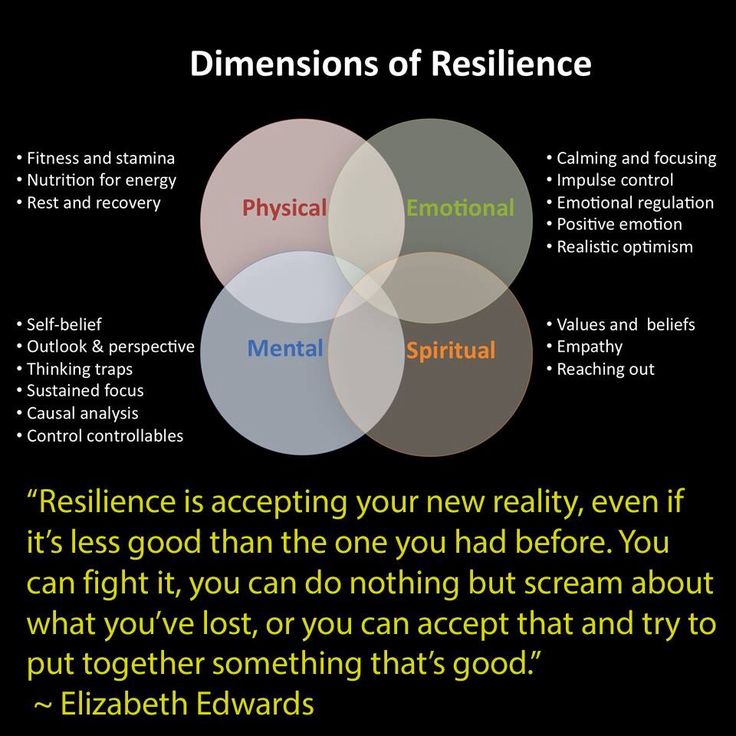
The NIH supports research to understand how stress affects health — and why some are resilient to stress while others have difficulties, as well as how different therapies and resilience-boosting techniques work and have a positive effect on health and well-being. The NIH Office of Research on Women’s Health offers links to information about stress (including anxiety about the coronavirus), wellness, tips on managing common sources of stress, and opportunities to join research projects on stress or other health matters at https://go.usa.gov/xvydm.
Five Practices for Stress Resilience
Five Practices for More Stress Resilience
By Gail Wagnild
Reading time: 3 minutes
I looked up “stress resilience” and there were more than 76 million results. There is a lot of interest in this topic but what is it?
I was working with a leader in an organization who wanted to inoculate his burned out employees to stress by increasing their resilience. He thought that by building up their resilience, they would no longer experience stress.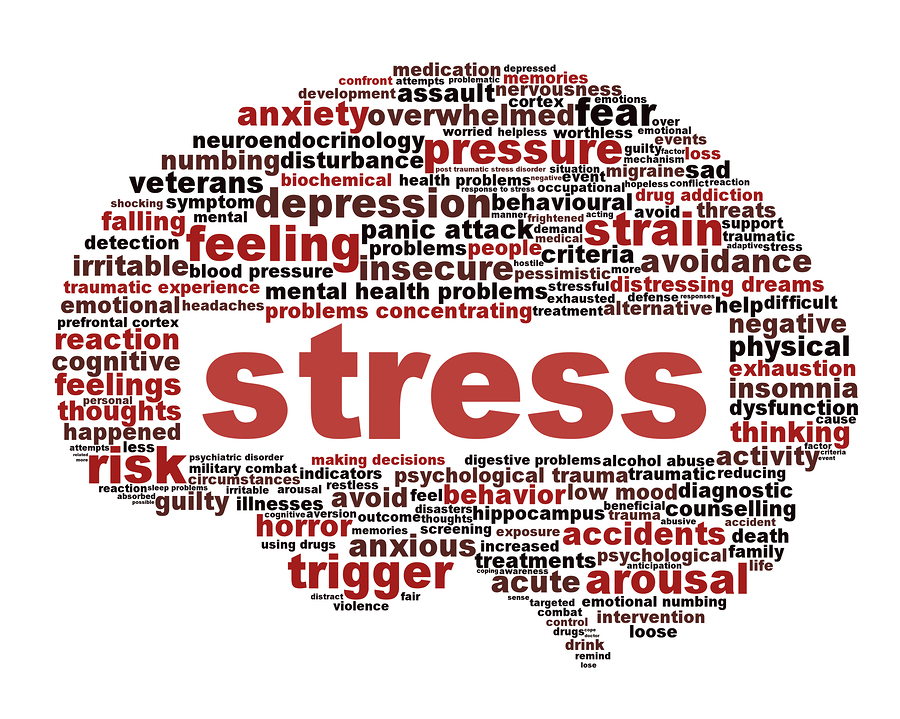 I’ve also been asked if my resilience assessments would identify job applicants who weren’t resilient and by doing this help leaders select only those individuals who would be productive. It doesn’t work like this.
I’ve also been asked if my resilience assessments would identify job applicants who weren’t resilient and by doing this help leaders select only those individuals who would be productive. It doesn’t work like this.
Stress resilience is not resistance, avoidance, or inoculation to stress. Whether we have a great deal of resilience or not, we still will experience stress. We will continue to get the flu, have accidents, experience loss, and fail. Events that challenge us will continue to occur. No matter how robust our resilience is, we will never be numb to stress or able to prevent it from occurring.
We also have a tendency to seek out quick fixes for stress like drinking too much alcohol, and eating or sleeping too much. Or we might try to eliminate what we think is the source of our stress and change jobs, move to a different community, or get a divorce. But stressful events continue to occur, regardless of where we are. So what can we do?
Stress resilience is the ability to recognize and acknowledge that a situation has become difficult or painful and choose a response that leads to growth. The American Psychological Association says it is “the process of adapting well in the face of adversity, trauma, tragedy, or threats or significant sources of stress – such as family and relationship problems, serious health problems, or workplace and financial stressors. “
The American Psychological Association says it is “the process of adapting well in the face of adversity, trauma, tragedy, or threats or significant sources of stress – such as family and relationship problems, serious health problems, or workplace and financial stressors. “
Stress resilience takes time to build. It is a process and over time gets stronger. These are five practices I advise for strengthening stress resilience.
- Know what gets you up in the morning and have a vision for your life that is worth working for. When stress presses down on me, it helps to think of what makes life worth living and keep exciting goals in front of me to help me get back up and going. If life doesn’t seem worth living, getting through stress might not feel worth it either.
- Remind yourself of your values and deeply held beliefs that guide your everyday actions and decisions. Doing this will help you keep things in perspective, because having a balanced perspective is one of the first things to go when you are in distress.

- Maintain a sense of equanimity or balanced emotional responses to whatever is going on around you. This is where time proven tactics like mindfulness and deep breathing can really help you calm down so that you can think more clearly and not catastrophize and fear that all is hopeless.
- Think back on other stressors you’ve lived through and remind yourself what worked well for you and consider doing that again. Remind yourself also of what did not work and avoid those behaviors. Knowing that you can get through this will strengthen your sense of optimism, confidence and hope for the future.
- Finally, don’t give up. It’s so tempting when everything seems to be going against you, or nothing seems to work out right, to want to give up. Sometimes it’s okay to retreat for awhile and gather your strength but then you need to get back out there and keep swinging.
Stress resilience does not develop overnight. It takes time, daily practice, soul searching and answering some tough questions: What do we believe and value? Why do we bother to get up in the morning? What goals are worth pursuing? Are we confident in ourselves and abilities to figure things out? Why should I keep fighting?
Our stress resilience grows over time and slowly but surely begins to change how we approach adversity. In thousands of surveys I have learned that resilience increases as we age and I suspect that older people, who usually have had a great deal of experience with stress, learn to deal with stress by following the five practices above. I would love to hear what you think. You can email me at [email protected].
In thousands of surveys I have learned that resilience increases as we age and I suspect that older people, who usually have had a great deal of experience with stress, learn to deal with stress by following the five practices above. I would love to hear what you think. You can email me at [email protected].
5 Habits That Make You Stress Resilient
Tough deadlines, high expectations, failures all take a lot of emotional toll and are guaranteed to cause stress. But deadlines and crises cannot be canceled, which means we need to move on. How to overcome such trials without wasting yourself?
Anxiety, doubt and fatigue often lie behind success. Ups and downs can unsettle for a long time, depriving you of motivation and self-confidence. To survive, moving towards your goals, you need to be emotionally stable. Psychologists call resilience a person's ability to adapt to adverse conditions and significant stress. It has been proven that resilient people solve problems faster and more effectively, build positive communication, have higher emotional intelligence and adequate self-esteem.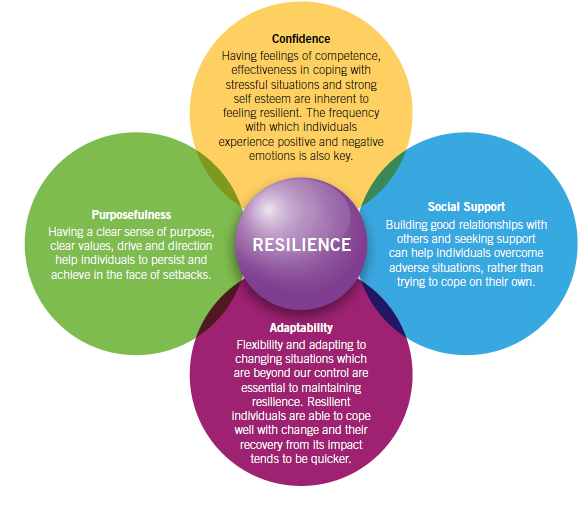
Resilience is not a godsend given to the few, says coach and behavioral psychologist Melody Wilding. Not only does each person have a certain degree of resilience, Wilding says, but they can also develop the ability to bounce back after significant shocks and learn how to stay calm during a crisis. To do this, you need to master several skills.
Change your attitude to stress
You can't avoid failures, but you can completely change your attitude towards them. Instead of seeing adversity as a sign of failure or a threat, learn to think of trials as lessons to be learned. This will help develop the ability to treat failures as temporary and fixable. Do not torment yourself with thoughts about why what happened happened, ask yourself the question “What can be done about it?” or “What should I take away from this situation?”. The ability to find meaning in chaos is the key to a stable person.
Manage your emotions
Some people react to stress with outbursts of anger, others prefer to withdraw. None of these reactions is constructive. People with a high level of self-awareness and psychological stability first of all try to understand how they feel, even if it is unpleasant. Allow yourself to properly process difficult emotions such as frustration, anger, and sadness. This is where the release letter technique used in coaching can help. Thanks to her, you will clarify your feelings related to the problem situation, and understand what to do next. By effectively managing your emotions, you will also learn to state your position clearly, confidently, and at the same time consider the state of others.
None of these reactions is constructive. People with a high level of self-awareness and psychological stability first of all try to understand how they feel, even if it is unpleasant. Allow yourself to properly process difficult emotions such as frustration, anger, and sadness. This is where the release letter technique used in coaching can help. Thanks to her, you will clarify your feelings related to the problem situation, and understand what to do next. By effectively managing your emotions, you will also learn to state your position clearly, confidently, and at the same time consider the state of others.
Act in the face of uncertainty
Making decisions in the face of uncertainty is difficult and unsettling. If this is the case, focus on the process without striving for perfection. Record your victories and celebrate even minor achievements. This will help to gain self-confidence, which will help out in a difficult situation and allow you to overcome the crisis.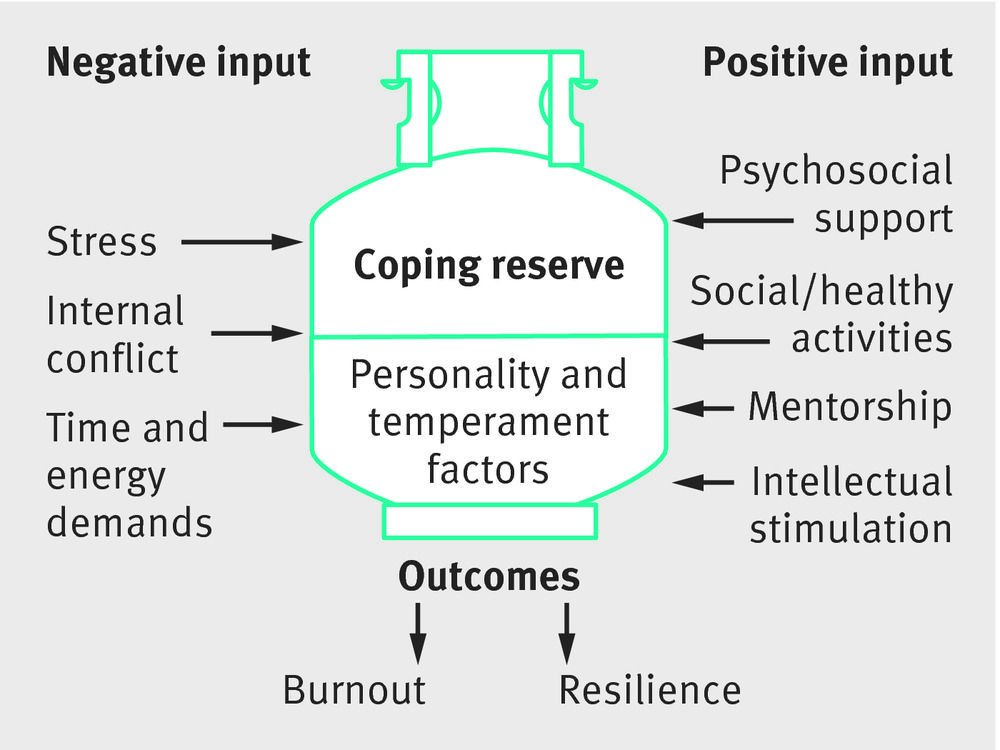
Take care of yourself
Resilience requires energy, so make sure you replenish it through regular self-care activities. Exercise, proper nutrition, quality sleep, and personal development are some ways to increase and maintain energy levels. Don't forget about emotional well-being. Solving difficult tasks is easier when you are full, calm and well rested.
Create the right environment
Positive trusting relationships in and out of the office are essential to feeling resilient. In difficult times, do not hesitate to seek help from mentors and colleagues. Enlist the support of the team, instead of taking everything on yourself. A secure environment that provides meaningful social support promotes psychological well-being, increases motivation, and reduces the negative effects of stress. To make sure you have someone you can rely on, focus on building quality relationships long before you need support.
***
Trouble at work is inevitable, especially if you are a leader. Therefore, it is important to learn how to respond to stress without long-term negative consequences. And then you can do what you do best: achieve high results.
Therefore, it is important to learn how to respond to stress without long-term negative consequences. And then you can do what you do best: achieve high results.
Photo: Photo by Toa Heftiba on Unsplash
Source: https://qz.com/work/1570546/how-to-make-yourself-resilient-five-tips-for-handling-stress/?utm_source=pocket&utm_medium=email&utm_campaign=pockethits&fbclid=IwAR1PgDuXWhkBh9eTEID7FvbVJ3DCcUUqlL0MPQjGJ7n_jnfxEeIfZppo7Gk
How to become immune to stress
How to become immune to stress | Big Ideas Personal qualities and skills Dmitry Zhukov Thanks to the media, many people believe that all their health problems are due to stress. This is used by those entities who sell psychological services. A person constantly stumbles upon ads promising relief from stress. Moreover, most of these ads promise a very quick effect - in three, five, seven sessions.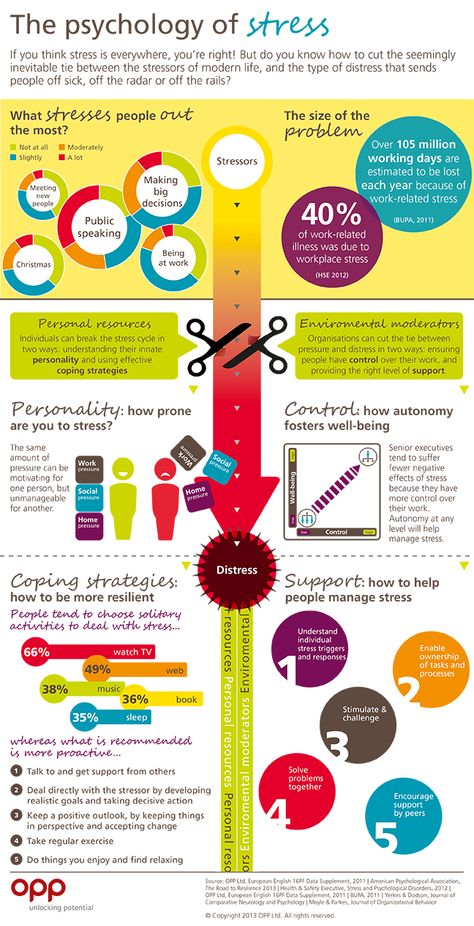 All this is not true, because it is impossible to get rid of stress, increase your ability to resist it, strengthen emotional immunity.
All this is not true, because it is impossible to get rid of stress, increase your ability to resist it, strengthen emotional immunity.
As we found out (see blog #1), stress is a reaction to the novelty of a situation. When the same stimulus is presented to a person (or animal) several times, the stress response gradually decreases. As this stimulus becomes more and more habitual for the organism, i.e., the novelty of a particular situation decreases, the stress reaction becomes weaker and weaker.
Simultaneously with the decrease in the level of stress, as the same stimulus is repeatedly presented, the specific reaction increases, which depends on the type of stimulus. If the stimulus is muscle loading, then the specific reaction will be an increase in the efficiency of the body's muscular system, cardiovascular and respiratory systems. The body gradually trains to perform a significant amount of muscle work. In other words, adaptation develops, getting used to a specific stimulus.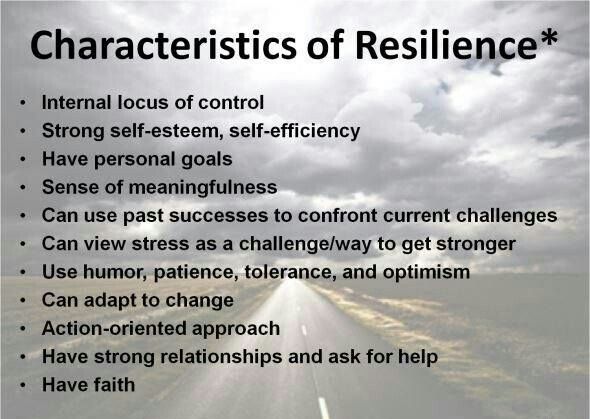 If the stimulus is public speaking, as the lecturer experience accumulates, the person performs better and better. In both cases - both in the gym and in the pulpit in front of the public - the level of stress experienced by a person gradually decreases, and specific body systems work better and better. But it is worth presenting another stimulus to him, as the magnitude of the stress reaction again turns out to be maximum. If the lecturer is on a sports simulator for the first time, and the bodybuilder is in front of an audience of intelligent listeners, then both will experience great stress.
If the stimulus is public speaking, as the lecturer experience accumulates, the person performs better and better. In both cases - both in the gym and in the pulpit in front of the public - the level of stress experienced by a person gradually decreases, and specific body systems work better and better. But it is worth presenting another stimulus to him, as the magnitude of the stress reaction again turns out to be maximum. If the lecturer is on a sports simulator for the first time, and the bodybuilder is in front of an audience of intelligent listeners, then both will experience great stress.
Read the related material: Stress is not an enemy, but a friend
Trained does not mean stress-resistant. A person is trained to perform specific actions in a specific situation. Any elements of novelty increase the magnitude of his stress reaction. Once an American astronaut, who had the rank of colonel in the Air Force and extensive experience in space flights, was detained while trying to kill her husband's mistress.